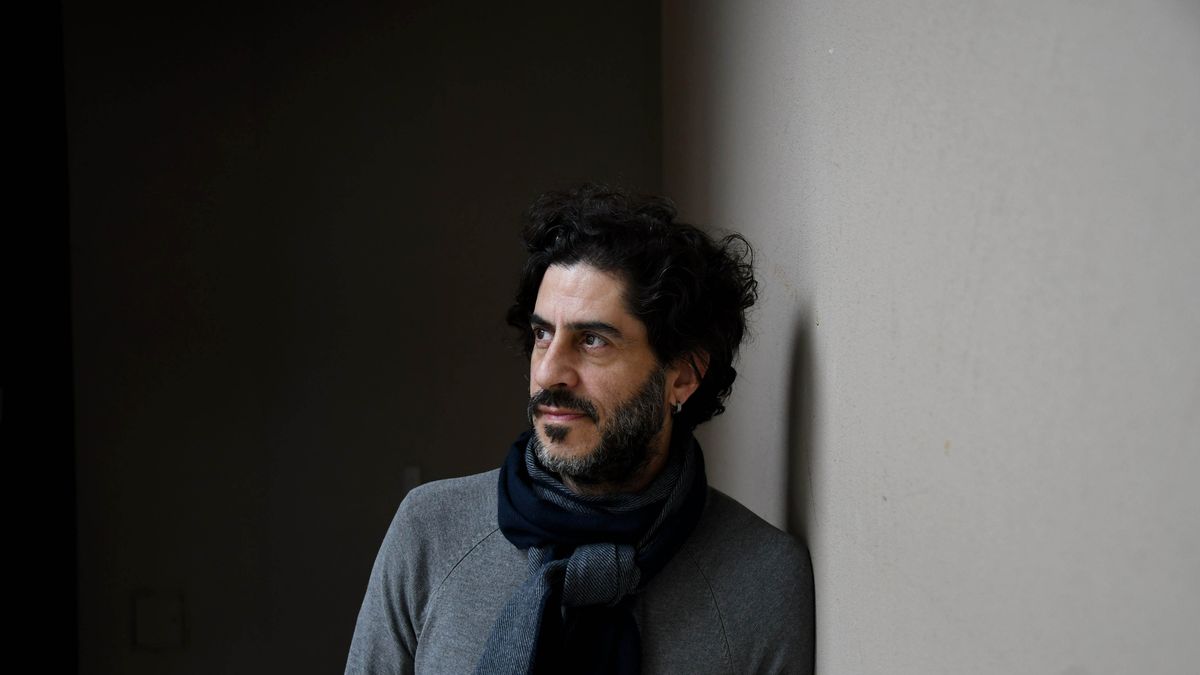– Tute: I try to include the entire universe that is within my interests. And of course there are couples of “rubenes” and “mabeles”, there is polyamory, there is everything. A few years ago I started to make humor where homosexual couples appeared from a message that came to me from a reader who said, in a very loving way, that she loved the material and that she always read to me but that she was sorry she could never feel one hundred percent identified with the characters because they were always heterosexual couples. So I replied that she was right and that, without a doubt, it was due to a limitation on my part. This left me ruminating and I began to investigate why he did not do it. I encountered some of the difficulties typical of graphic humor that had to do with its support of stereotypes. Humor in general, and graphic humor in particular, rely on stereotypes to generate rapid identification and manage to be synthetic without having to explain too much.
In order to generate a humor where there was a homosexual couple, without having to explain that they were of the same gender but were not friends, I had to go one more time, which diluted part of the humorous power of the material. So it was quite a challenge to work on the part avoiding stereotypes but still be able to be synthetic, quickly telling a joke involving a homosexual couple. It took me a few months.
– T.: How did you change that?
– Tute: One day I sat down and a joke came out that worked great, I didn’t have to explain anything. They were two men (a homosexual couple) in the context of the legalization of same-sex marriage. The joke was that one asked the other if the divorce was also equal. From there, a door opened very naturally and I was able to start creating a humor that included homosexual relationships without any problem. Once you manage to unlock it, more jokes come out. At the same time, it was a double blockade: from what one personally thinks to generate humor, but also with the genre of graphic humor. The challenge was how to destroy a stereotype, on which graphic humor is based, without losing power.
– T.: From feminism, discourses arise that question romantic love and propose its deconstruction. How does your new book dialogue with these postulates?
– Tute: I think I play with romantic love and with its opposite, with its lights and shadows, with the truest. These ideas are in the book and I suppose they show through in my work: sometimes criticizing romantic love and others aspiring to it. At times, I think I don’t know what role the book has with respect to those ideas. I sit with one leg on each side. I am a 48-year-old guy who grew up on the idea of romantic love and there have always been relatives and intellectuals who were against this idea.
There are jokes that play with the idea of the guy who puts himself in the patriarchal place and others that the woman breaks with everything. Or the father who tells the girl if she wants a doll that cries on her birthday and the girl who replies: “No, I want one that fights for her rights. The two universes are always in conflict. Personally, when romantic love is talked about and only strongly criticized, ridiculed, it makes me want to defend it. And if the opposite happens and I only see the widening of romantic love, it makes me want to attack. I imagine that they are two universes in conflict and there are things that are good on both sides. What is not romantic love is much more real, because what the romanization of love generates is an idealization and the idyllic is always very far from reality. There is never access to the real. As Perón said: “The best is the enemy of the good”. Better to think of something that is real, that works, that is as fair as possible. I don’t like extreme positions.
Source: Ambito
David William is a talented author who has made a name for himself in the world of writing. He is a professional author who writes on a wide range of topics, from general interest to opinion news. David is currently working as a writer at 24 hours worlds where he brings his unique perspective and in-depth research to his articles, making them both informative and engaging.




